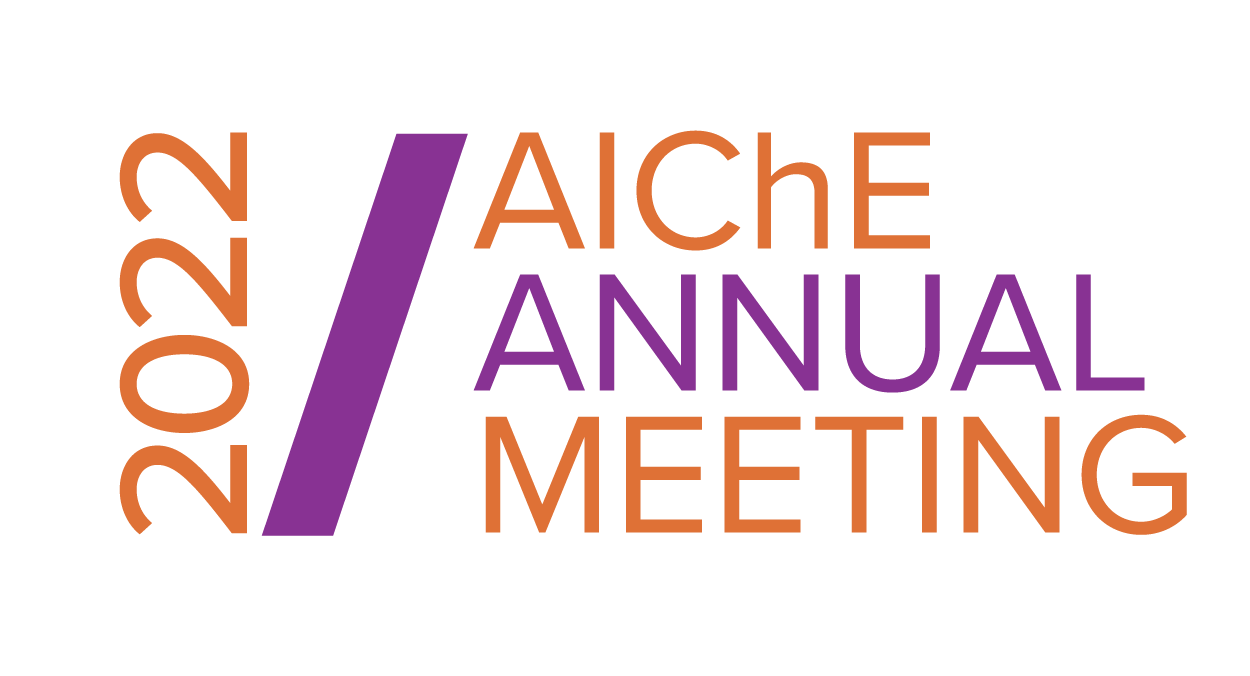

Method: We developed a multiscale tissue simulator that can be used to investigate the mechanisms of intracellular viral replication, infection of epithelial cells, host immune response, and tissue damage [2]. Here, we focused on the mechanisms of the fibrotic process in the lung tissue during SARS-CoV-2 infection and the role of TGF-beta in the progression of lung fibrosis. Our model has both stationary sources (activation sites of latent TGF-beta) and mobile sources (M2 macrophages) of TGF-beta. The death of an infected epithelial cell activates latent TGF-beta at the site and time for a certain period. Since CD8+ T cells appear at a similar time to M2 macrophages, we assumed that if CD8+ T cells and M1 macrophages are close, then M1 macrophages stop secreting pro-inflammatory cytokine and transform into M2 macrophages start secreting TGF-beta. TGF-beta activates the resident inactive fibroblasts and recruits new active fibroblasts. The activated fibroblasts chemotaxis along the gradient of TGF-beta and deposit collagen continuously.
Results: We conducted in silico experiments to investigate the effect of stationary and mobile sources of TGF-beta in the development and progression of fibrosis. Using the model, we predicted the dynamics of fibroblasts, macrophages, TGF-beta, and collagen deposition for 15 days post-infection in virtual lung tissue. Our results showed variation in collagen area fractions between 2% to 40% depending on the activity of sources. Holistically, our simulated collagen area fractions are in similar ranges to the experimentally observed percent collagen extensions. The stationary sources caused localized collagen deposition, whereas the distribution of collagen is more dispersed for mobile sources. Our results indicated that M2 macrophages are mainly responsible for higher collagen area fractions and fibroblasts population, and collagen deposition remained prominent for a higher secretion rate of TGF-beta from M2 macrophages. The relative abundance of fibroblasts is higher than macrophages in COVID19 patients, also observed in the simulation cases we considered. We also predicted fibrotic outcomes even with lower collagen area fraction for a more extended period of latent TGF-beta activation. The uptake of TGF-beta by fibroblasts can disrupt the localization of fibroblasts and increase collagen area fractions.
Conclusions: The quantification of collagen using the model could help characterize the evolution of fibrosis in COVID19 survivors. Treatment strategies controlling TGF-beta synthesis will also be benefited from our model.
Acknowledgment: This work was supported by the National Institutes of Health grant R35GM133763 and the University at Buffalo.
References
1. Michalski, et al. "From ARDS to pulmonary fibrosis: the next phase of the COVID-19 pandemic?" Translational Research (2021).
2. Getz, et al., Iterative community-driven development of a SARS-CoV-2 tissue simulator, BioRxiv (2021)
Preview Presentation
Presenter(s)
Language
Pricing
Individuals
| AIChE Member Credits | 0.5 |
| AIChE Pro Members | $19.00 |
| AIChE Graduate Student Members | Free |
| AIChE Undergraduate Student Members | Free |
| Computing and Systems Technology Division Members | Free |
| AIChE Explorer Members | $29.00 |
| Non-Members | $29.00 |
